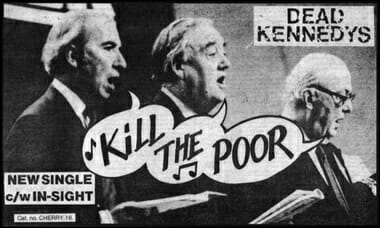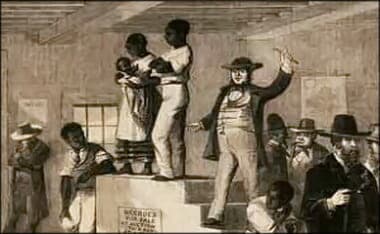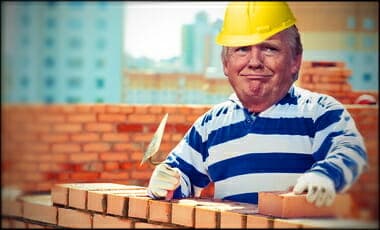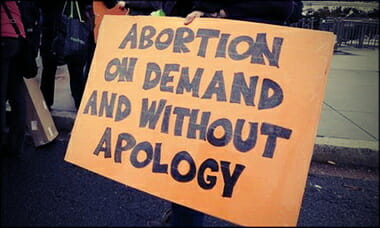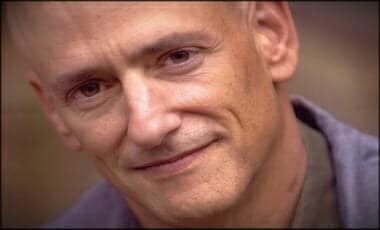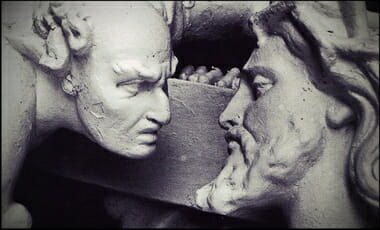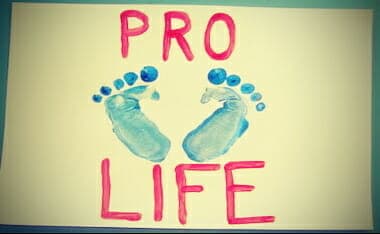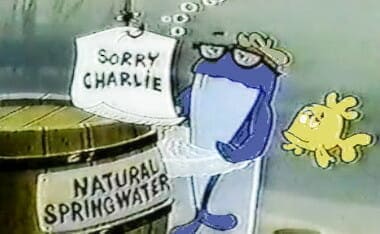There’s Nothing New Under the Sun: Child Sacrifice Never Stopped
Infants were sacrificed to Molech for prosperity, wealth. No different than today… babies are sacrificed for careers, schooling, or just convenience. See my “Forcing Morality” post for more.
Here is a good post detailing the history of abortion.
….As Carthaginians succumbed deeper into this form of worship their self-abasement grew, along with the population, and thus, babies were plentiful. One could surmise that the gods rewarded their worship. This worship, however, gradually turned to child sacrificing, especially when times were tough, in order to appease the gods Molech and Ashteroth, the darker and more sinister gods – who demanded human sacrifice in order to grant the community “health and well being.” It started with sacrificing the firstborn, but it appears that the gods grew greedier and greedier. Eventually, and as times got tougher, i.e. during famines and disasters, they practiced massive annual sacrifices of thousands of babies and children, in order to invoke greater blessings and prosperity. It is believed that this civilization became quite sophisticated, under the caste system, and the noble class sometimes practiced substitution for their firstborns through the “ladies of the sanctuary,” or temple prostitution in order to fulfill their mandatory quotas of children for the gods.
When a mother, willingly or not, released her infant onto the down-stretched arms of Moloch’s bronze statue, the baby consequently rolled off the arms and fell headlong onto a fire-y brazier pit. Burial monuments found in Carthage and other places were inscribed with the Tanit symbol, in honor of the Phoenician goddess.
The Carthaginians were hated, and perhaps envied by other contemporary cultures for their practice of child sacrifice, and respectively their riches. Chief among their enemy was the Romans. Ironically, Rome conquered Carthage, yet the Romans later practiced infanticide themselves as well as other tortures for sport, like killing Christians. Is there some kind of progression here for doomed civilizations?
The gods Asherah, Baal, Molech and Ashteroth had also been a stumbling block for the Israelites, when they possessed the “promise land” east of the Jordan River, or Canaan. Ironically, they purged the Canaanites out, who practiced child sacrifice, and yet they too in time did the same thing. Disobeying God’s commands to purge out the idols and religious practices of the Canaanites and the Ammonites, they eventually came to commit these same spiritually adulterous and idolatrous practices. They set up the “grove,” a group of trees with graven images carved into them near the altar of Jehovah. The prophets soundly condemned the grove, and practicing the heathen religions and warned of coming judgment. Judgment did fall in Jerusalem, when the temple and the whole city was completely destroyed by the Babylonians and the kingdom of Israel was taken into captivity in 587 BC…..
Also, from Joseph M. Holden and Norman Geisler in their The Popular Handbook of Archaeology and The Bible
In 1928, a farmer (Brahim) in northern Syria accidently discovered a vault in his field. Later this area would be known as Ras Shamra due to the expedition and excavation led by F.A. Schaeffer and George Chenet. Then in 1929, archaeologists unearthed a scribal school and library adjoining a temple. The fifteenth-century BC tablets found at the location contained a script previously unknown to scholars, but it soon would be understood to be Canaanite, a language similar to Hebrew. The tablets describe the dark religious practices of the Canaanite peoples indigenous to the land prior to Joshua’s conquest. These wicked practices offer confirmation of the deities, practices, laws, and religious beliefs and customs of the heathen described in the Old Testament, which include 1) the burying alive of children, 2) child sacrifice of other kinds, 3) male and female religious prostitution, 4) the malice and jealousy among the gods, 5) absence of morality among the gods, and 6) idol worship among others.
Moreover, these tablets have provided an answer to the critical argument that denied the possibility of Moses writing a sophisticated religious law code as early as 1440 to 1400 BC. In addition, the Ras Shamra tablets have contributed to our understanding of the development of the Hebrew script from about 1500 BC to the modern day. This discovery has also dealt a blow to negative higher critics who asserted that Aramaic words included in Moses’ writings did not develop until after the exile to Babylon (sixth century BC). Several Aramaisms were found in the Ugaritic texts, which are contemporary with Moses, which refutes this notion.
(Pages 84-85)
